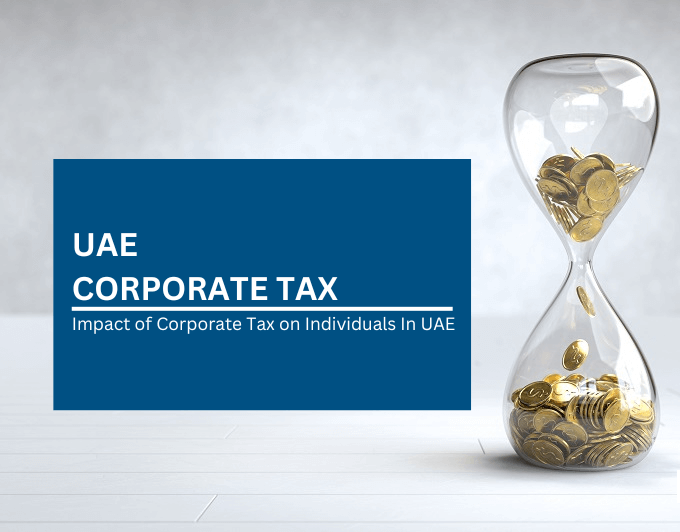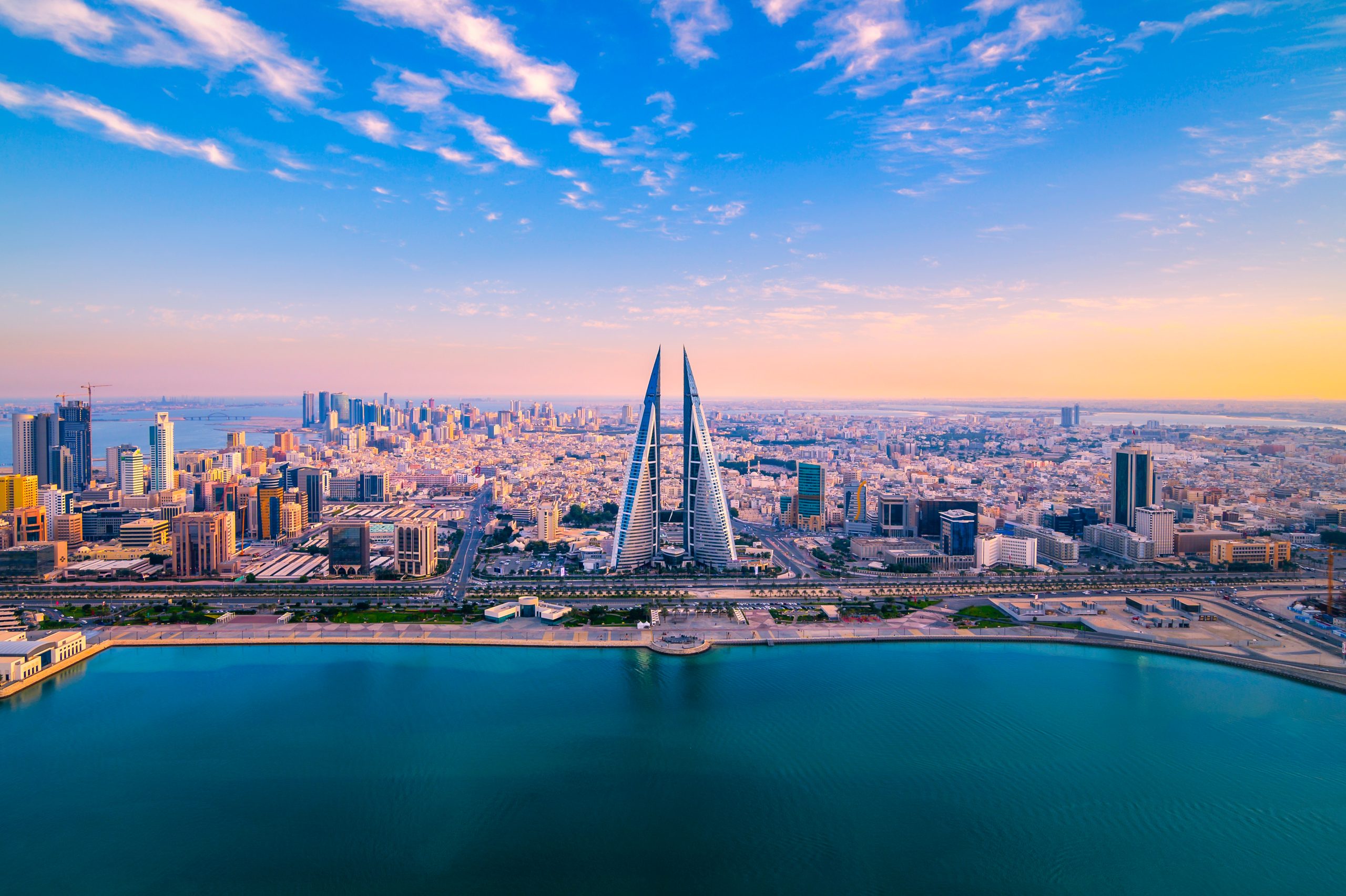The Importance of Understanding US Tax Liabilities for UAE Investors
If you’re involved with the US financially, whether directly or indirectly, it’s crucial to be aware of potential tax liabilities that may not be immediately obvious.
Despite living in the UAE, where the personal income tax rate is nonexistent, the tax advantages enjoyed locally do not protect investors from obligations in countries with different tax systems, like the United States.
This situation might initially seem irrelevant to UAE investors due to the favorable tax environment, which attracts individuals for its tax benefits. However, US tax codes differ significantly, making it essential for those with any financial connections to the US to pay attention. Although diving into tax specifics may not be the most enjoyable task, perseverance reveals important insights and possible benefits.

Tax Implications for UAE Investors in the US
The United States is a magnet for investment from UAE investors, boasting some of the world’s largest companies and a stock market that captures global attention daily. A surprising fact for passive investors or those tracking global indices is that more than half of their investment exposure could be to US equities.
Whether trading online or using private banking services, understanding the US tax treatment of UAE investors is imperative. The Internal Revenue Service (IRS) has complex codes, especially for non-US citizens or residents, who are considered ‘aliens’ in tax terminology. Determining whether you’re a ‘resident’ or ‘non-resident alien’ is crucial, as it affects your income and estate tax calculations and eligibility for certain tax benefits.
Owning US-situated assets triggers tax implications regardless of your residency status, with non-resident aliens facing taxes on US-derived incomes and potentially hefty estate taxes upon death.
Non-resident aliens, typical of many in the UAE, are taxed only on their US-source income and could face up to 30% tax on investment income and up to 40% federal estate tax. This is a stark contrast to the generous $13 million estate tax allowance for US citizens, as non-resident aliens have a much lower threshold before estate taxes apply.
Furthermore, the executor of the estate must handle tax obligations before transferring assets, emphasizing the importance of estate planning and awareness of tax responsibilities.
Mitigating US Tax Through Private Placement Life Insurance (PPLI)

One viable strategy for managing US tax exposure is the utilization of Private Placement Life Insurance (PPLI), or ‘wrappers.’ This approach has served high net-worth individuals in the US for decades, offering a way to transfer asset ownership into a major insurance company.
This method comes with several advantages, including tax efficiency, deferred taxes, simplified estate processes, and enhanced privacy. Importantly, PPLI can help navigate US income and estate taxes while allowing investors to maintain control over their assets.
Properly structured wrappers can significantly reduce or even eliminate annual withholding taxes and estate taxes for UAE investors, marking a robust alternative to the often less effective strategies of trusts and offshore companies.
As global tax legislation evolves, including recent changes in the UAE’s tax landscape, staying informed and prepared is more crucial than ever. The IRS’s increased focus on global tax collection underscores the need for effective tax planning. In closing, while the allure of a US rapper’s advice might be tempting, in matters of US exposure and tax liabilities, it’s the advice wrapped in ‘W’—as in wrappers—that UAE investors should heed to navigate the complexities of international tax obligations effectively.
Chris Dixon, a partner who led the charge, says he has a ‘very long-term horizon’
Americans now think they need at least $1.25 million for retirement, a 20% increase from a year ago, according to a survey by Northwestern Mutual
Saudi Arabia ranked first among countries for the non-oil exports of national origin with BD201 million (22%)
Bahrain’s non-oil exports of national origin decreased by 6% to BD894 million ($2.37 billion) in Q2 2024 compared to the same period in 2023. The top 10 countries accounted for 64% of the total export value.
According to the Information & eGovernment Authority (iGA) in its Q2 2024 Foreign Trade report, Saudi Arabia was the leading destination for these exports, totaling BD201 million (22%). The US followed with BD75 million (8.4%), and the UAE with BD73 million (8.2%).
Unwrought aluminum alloys were the top exported product in Q2 2024, amounting to BD267 million (30%), followed by agglomerated iron ores and concentrates alloyed at BD159 million (18%) and non-alloyed aluminum wire at BD49 million (5%).
Non-oil re-exports
Non-oil re-exports increased by 4% to reach BD206 million during Q2 2024, compared to BD198 million for same quarter in 2023. The top 10 countries accounted for 86% of the re-exported value. The UAE ranked first with BD58 million (28%) followed by Saudi Arabia with BD39 million (19%) and UK with BD17 million (8%).
As per the report, turbo-jets worth BD65 million (32%) were the top product re-exported from Bahrain, followed by private cars with BD11 million (5%) and four-wheel drive with BD9 million (4%).
The value of non-oil imports has decreased by 4% reaching to BD1.41 billion in Q2 2024 in comparison with BD1.47 billion for same quarter in 2023. The top 10 countries for imports recorded 68% of the total value of imports.

China Bahrain’s biggest importer
China ranked first for imports to Bahrain, with a total of BD191 million (14%), followed by Brazil with BD157 million (11%) and Australia with BD112 million (8%).
Non-agglomerated iron ores and concentrates were the top product imported to Bahrain worth BD200 million (14%), followed by other aluminum oxide with BD101 million (7%) and parts for aircraft engines with BD41 million (3%).
As for the trade balance, which represents the difference between exports and imports, the deficit logged was BD310 million in Q2 2024 compared to BD322 million in Q2 2023.
Chris Dixon, a partner who led the charge, says he has a ‘very long-term horizon’
Americans now think they need at least $1.25 million for retirement, a 20% increase from a year ago, according to a survey by Northwestern Mutual

















